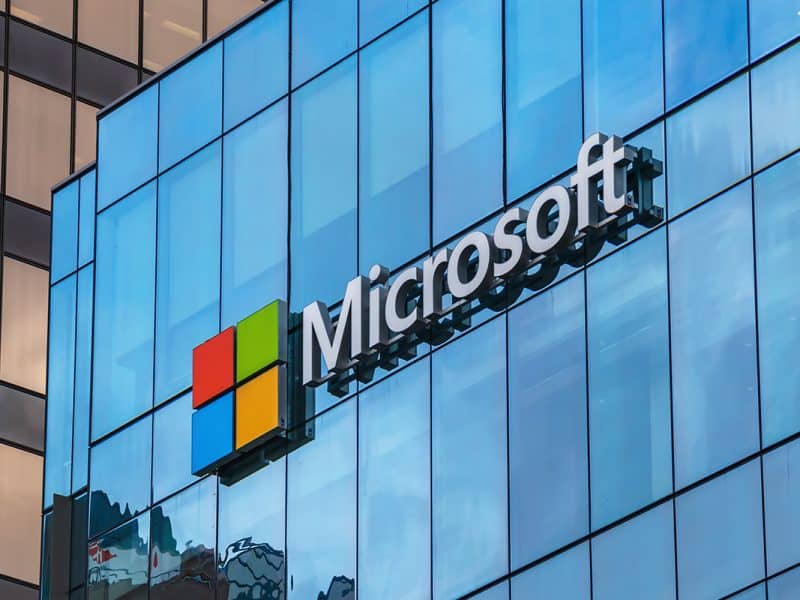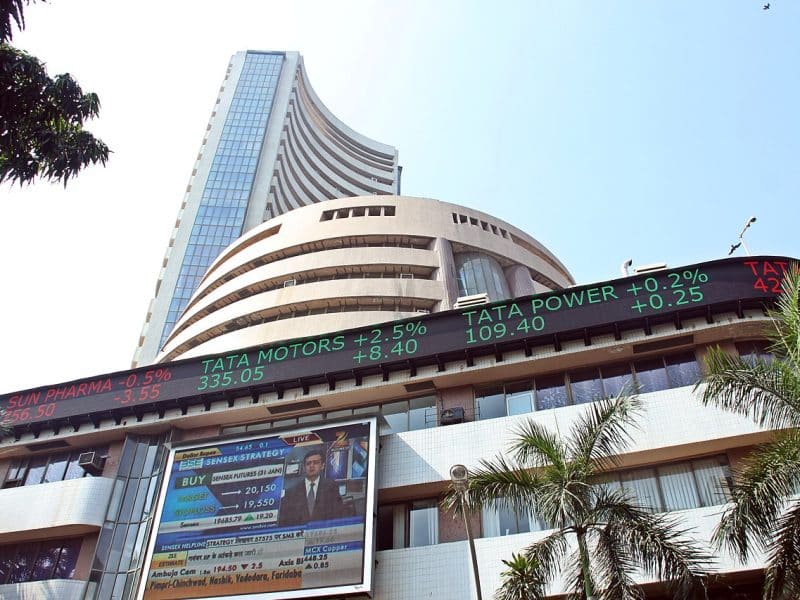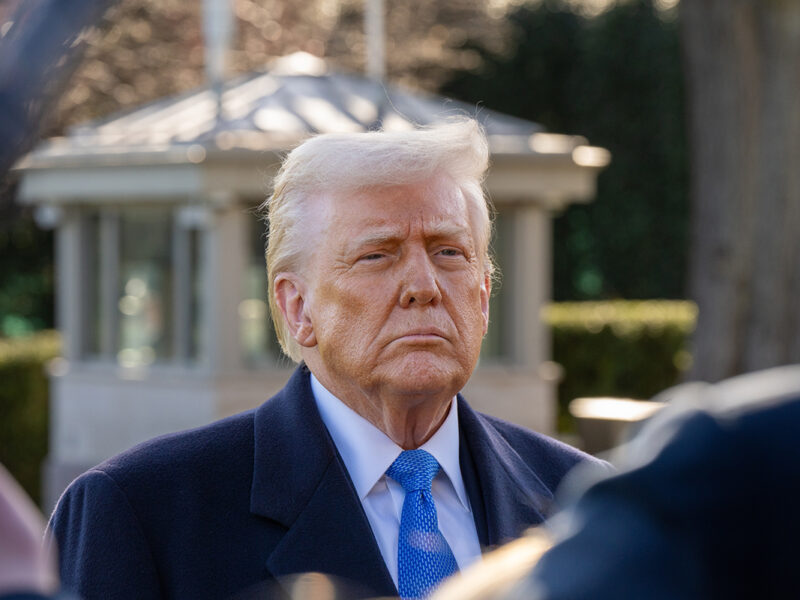Abu Dhabi’s Mubadala Investment Co has started preparations for a US initial public offering of chipmaker GlobalFoundries, people with knowledge of the matter said.
The sovereign wealth fund has been having initial discussions with potential advisers about a listing of GlobalFoundries that could value the business at about $20 billion, according to the people. It hasn’t yet selected underwriters, the people said, asking not to be identified because the information is private.
Deliberations are at an early stage, and details of the potential deal could change, the people said.
Representatives for Mubadala and GlobalFoundries declined to comment.
GlobalFoundries CEO Thomas Caulfield, in a Bloomberg Television interview this week, said the company always reviews strategic alternatives, and the timetable for an IPO “has always been sometime in 2022.”
The IPO market has been booming since last year, with technology firms from South Korean e-commerce operator Coupang to food-delivery service DoorDash jumping on their debuts.
The technology-heavy Nasdaq Composite Index has gained 71 percent over the past 12 months, outpacing the 49 percent gain in the S&P 500 Index.

GlobalFoundries is one of the largest contract chip manufacturers, competing with market leader Taiwan Semiconductor Manufacturing Co.
The company was created when Mubadala bought Advanced Micro Devices’ manufacturing facilities in 2009 and later combined them with Singapore’s Chartered Semiconductor Manufacturing.
With factories in Europe and the US, GlobalFoundries is in a unique position as the industry gets sucked into the trade war and tension between China and the US. Most of the rest of foundry manufacturing of chips takes place on Taiwan or in South Korea, and US and European politicians are increasingly pushing chipmakers to build more capacity outside of Asia.
As the world economy begins to recover from the coronavirus pandemic, GlobalFoundries has seen a surge in demand for the tiny electronic components it manufactures for other companies.
Working and studying from home and reluctance to use public transport sparked a rally in demand for computers and cars, spurring an increase in demand that caught some in the chip industry by surprise.
Caulfield and his peers contend the current spike isn’t a one-time event. The increasing use of artificial intelligence and other forms of computing in new areas will spur a multi-year expansion of industry sales, Caulfield has said.









